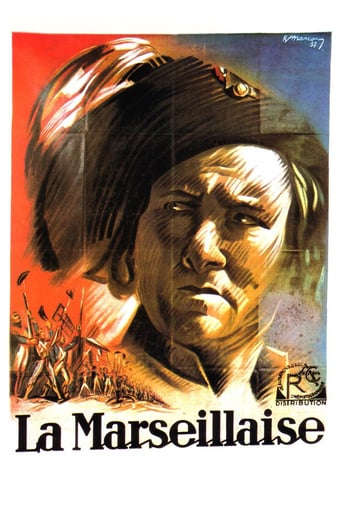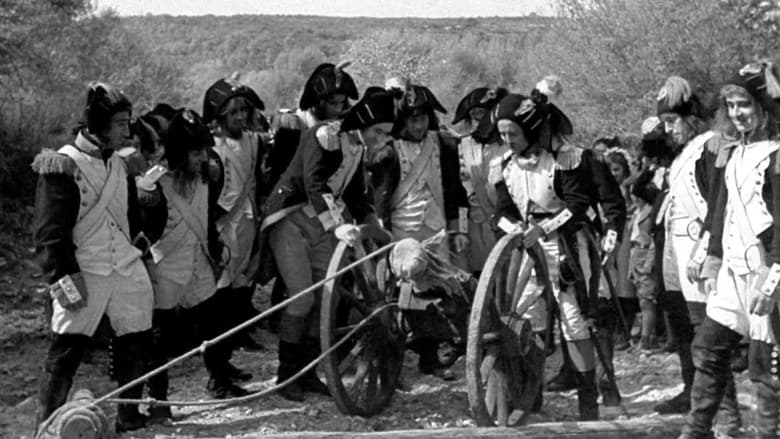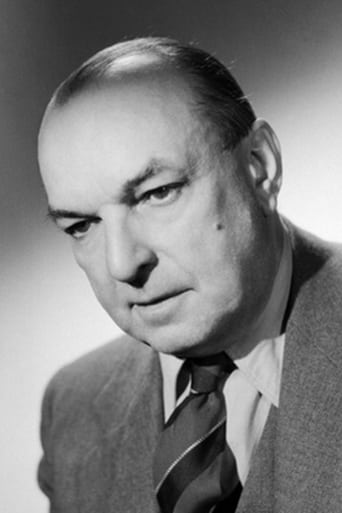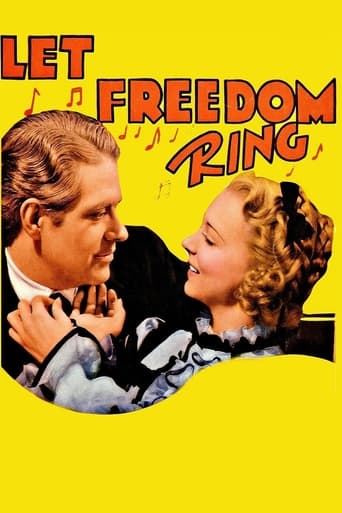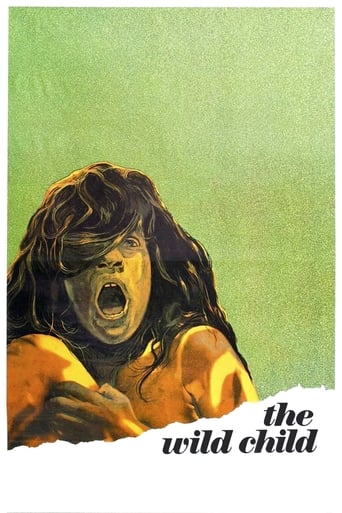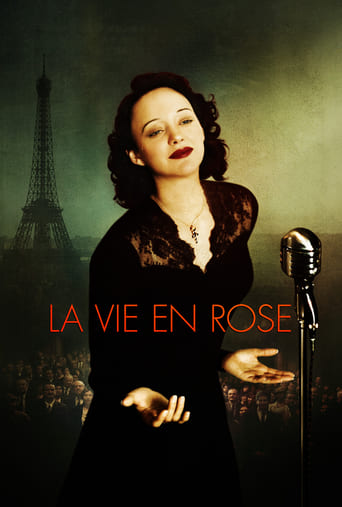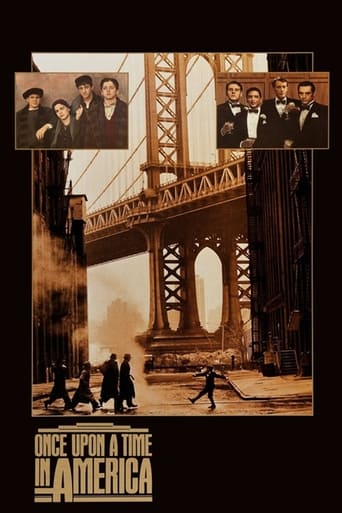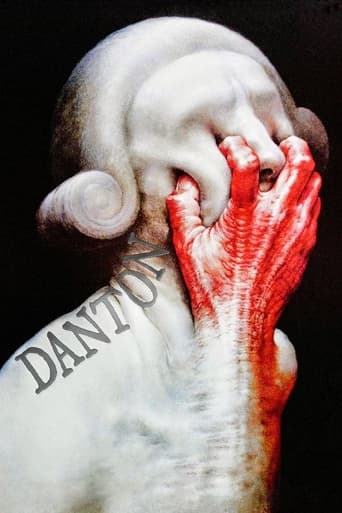La Marseillaise (1938)
A film about the early part of the French Revolution, shown from the eyes of the citizens of Marseille, counts in German exile and, of course, the king Louis XVI, each showing their own small problems.
Watch Trailer
Free Trial Channels
Cast


Similar titles
Reviews
Best movie of this year hands down!
Sadly Over-hyped
A lot of perfectly good film show their cards early, establish a unique premise and let the audience explore a topic at a leisurely pace, without much in terms of surprise. this film is not one of those films.
It is interesting even when nothing much happens, which is for most of its 3-hour running time. Read full review
La Marseillaise takes place during the phase of the French revolution that was the most optimistic and the least bloody. Director Jean Renoir is concerned with how this moment is viewed by both the monarchy in Paris and the everyday people of Marseillaise who march to Paris singing their song (Battle Hymn of the Rhine Army). His presentation is realistic and probably more accurate than most films that have dealt with the subject.La Marseillaise has been proclaimed as a masterpiece but, while I liked the film, I cannot share in that acclaim. Jean Renoir is considered one of the (if not THE) greatest French directors in film history. I love The Rules of the Game, but have found many of Renoir's other films slow going. This is true of parts of La Marseillaise as well. The running time is 132 minutes; there is (intentionally) no main protagonist; an assumption is made that the audience knows more about the historical events than some viewers (like me) may.Despite some restlessness on my part, La Marseillaise remains a worthwhile film. Every Jean Renoir film has wonderful moments, La Marseillaise especially. My favorite is Louis XVI's long walk with his family to Parilament. Renoir uses a crane shot to view the pedestrians. The dejected look on the King's face is powerful. He and his son share a reflexive moment over fallen leaves. This scene powerfully contrasts with the buffoonish way Louis was portrayed at the beginning of the film. This is a perfectly made scene. The film has other great scenes as well. Although it did not affect me as deeply as it has others, I would recommend La Marseillaise, especially to French film admirers, students of Jean Renoir, and history buffs.
This film was an opportunity to view the French revolution from the view of the common people. Most viewers have only seen, perhaps, A TALE OF TWO CITIES or THE SCARLET PIMPERNEL, so this film does offer fresh insights. However, to me, some of the dialog and one-sidedness of the film seemed as one-dimensional as the other two movies I just mentioned.The film deals with events from 1789 to 1792 and so it really doesn't delve into the bloodier years of the Reign of Terror. It is understandable that these abuses aren't covered in depth, but to omit the be-headings completely seems rather dishonest. I'd really like to see a film that gives a balanced view of this period, but have yet to see it--and that's a shame, as it's a fascinating and tumultuous period.FYI--From my point of view as a history teacher, it does seem amazing that within only two years of the completion of this very rousing and patriotic film the French capitulated to the Nazis.
Jean Renoir's classic tribute to the glory of the French Revolution, the film captures the personal flavor of the struggle and the philosophical background to the revolutionary upheaval. In a rapid series of vignettes we are introduced to the elegance and nobility of the court of Louis XVI and Marie-Antoinette... the contrasting plight of French peasants governed by laws they cannot understand...the storming of the Bastille in 1789 by an undisciplined mob...the plotting of France's exiled nobility to return to power...the Republican march on Paris...and the capture of the Tuilleries in 1793, ending the revolution. The film follows the adventures of two young patriots who join the Peoples' army in Marseilles. As their battalion begins its long journey north to Paris to join with the Federate army, they adopt as their anthem a song from the Army of the Rhine. This song was soon to be known all over France as "La Marseillaise" and would lead the newly unified nation to victory.
This film, despite being directed by Renoir, is largely forgotten today. This is a pity, as there are few films actually about the French Revolution (though it is used as a backdrop for a variety of plot lines), and none that really deal with the birth of the Republic.It was made at the tail end of the 'Popular Front' government, a coalition of parties (including the communists) formed to protect the Third Republic from right-wing domestic subversion and the baleful influence of the Nazis.It chose to use the early years of the revolution as a metaphor for this political situation - France was still a (constitutional) monarchy, and the King possessed the power of a constitutional veto. The Queen and her circle were said to be plotting a counter revolution.Within this context, each city and region of France is requested to send a Battalion to Paris, to defend the government against its domestic enemies. We follow the adventures of some of the ordinary men in the battalion from Marseilles (who sing a new song called the "Marseilles" as they march. We see their experiences in Paris (including a love interest), and their simple and honest defence of what they believe in. Finally, they participate in the coup that leads to the establishment of the Republic and the arrest of the King.The film is episodic, and some of the scenes are a little melodramatic. But the characterisation is excellent. The King and his court are not one-dimensional villains. The scene of his departure is quite moving.In short, a film well worth rescuing from obscurity.

